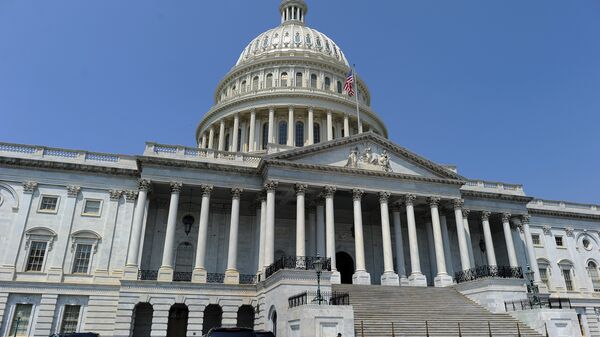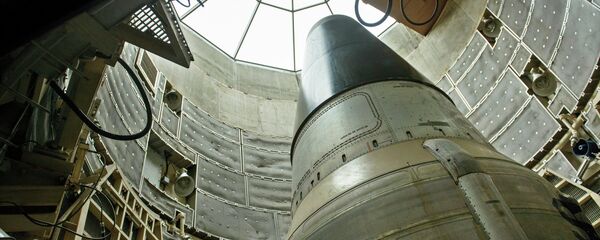Commenting on the issue, Dr. Maria Ryan, an assistant professor of American History with the Department of American & Canadian Studies at the University of Nottingham, told Sputnik that this recent hearing was a signal to US President Donald Trump that he "should not take any rash action" and should discuss issues such as preemptive nuclear strikes with Congress.
"So it puts a little bit of pressure on him. At the moment, there is not enough will in Congress to take action, but the hearing is a warning to Trump that he should not take the support of the Congressional Republican Party for granted," Ryan pointed out.
She, however, suggested that lawmakers are unlikely to curtail the president’s power to launch a nuclear strike because passing such legislation "would be unprecedented and would indicate a very serious lack of trust" in Trump’s sense of judgement.
The analyst also said that Trump remains very popular with the Republican base, and as a result any possible move to limit his powers "may well come down to domestic politics."
READ MORE: Trump at Talks With China's Xi: 'I Believe There's Solution' to N Korea Crisis
The latest hearing on the president’s authority to launch a nuclear strike was held in the US over 40 years ago, during the Cold War between Washington and Moscow. Ryan, however, emphasized that there is no similarity between the Cold War-era relations between the US and the Soviet Union and the current relations between Washington and Pyongyang.
"The Soviet Union was a superpower with satellite states in Eastern Europe and an ideology that had global appeal despite the nature of the Soviet regime. It was capable of intervening in other countries around the world politically, economically, and militarily," she said. "North Korea is isolated, weak, poor, has no ideological appeal, and cannot intervene in other countries. … It would be no match for the US military, which is far stronger in both qualitative and quantitative terms."
"But the mere fact that such legislation is being discussed is unprecedented, and indicates that there are serious concerns in Congress about the stability of the current president and whether he is fit to serve, even within his own party," she concluded.


